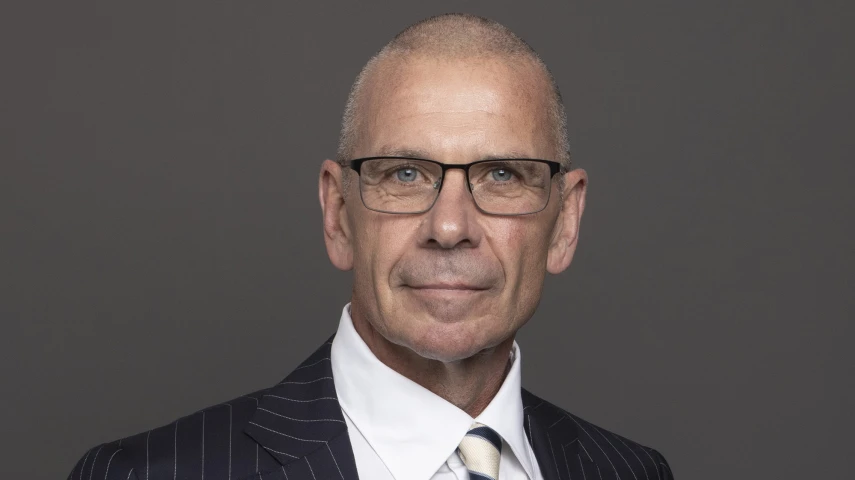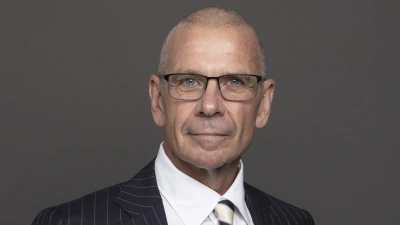‘Halcyon days ahead’ for advice profession



WT Financial managing director Keith Cullen believes it is “halcyon days ahead” for financial advice, thanks to the supply/demand imbalance and the potential usage of artificial intelligence (AI).
In a shareholder webinar following its indicative FY24 financial results, which were released on 12 August, the firm discussed its future.
Underlying net profit before tax (NPBT) is expected to be $4.4 million for the 2023–24 financial year, it said, which is up 51.4 per cent from $2.9 million in FY23.
Cullen said the licensee had “come out the other side” following a four-year period of M&A activity which saw it acquire Sentry, Synchron and Millennium3. The competition of this period has enabled the firm to pay a fully franked dividend of 0.5¢ per share.
Having completed its own acquisitions, Cullen said the firm is now looking inward at organic growth and how its own practices can enact their own M&A.
“We want to help them with corporatisation initiatives, we will be playing a key role in helping facilitate M&A and succession planning among our practices. We really see a push towards this corporatisation over the next 5–10 years, and we are very excited about playing a leading role in that,” he said.
There are multiple trends he sees which will help the advice profession in the future, including the supply/demand imbalance and the potential time savings with AI.
Asked about the biggest risk to investment, Cullen said the risk is the same as the opportunity which creates a “dual-edged sword”.
“There is a dual-edged sword of supply-demand imbalance, we are riding a fantastic wave there. This is not great for consumers because they are being disenfranchised as they can no longer afford advice, but advisers are able to deal with clients who really value advice and get a lot out of their services. That imbalance is working terrifically and will do so for our business for years to come.”
While WT Financial believes advice practices should move up the scale to service a smaller volume of consumers, he acknowledged there is room for AI to help them service more. This could see practices able to work with 150 clients.
“AI is providing enormous opportunity for practitioners to become more effective to give them more time in front of clients. We are focused on getting practitioners dealing with the right number of clients and then getting them more efficient using technology to deal with more clients. We want to get that average client number up from 120 to 140–150.
“There is no question it is halcyon days ahead.”
However, the one flaw in the plan is the low supply of new financial advisers entering the market which he believes should be a legislative priority for the government. Earlier this year, he joined the board of the Financial Services Council to help the advice profession have a greater presence in advocating to the government.
“What we need to do is fix the inflow of new advisers. All network operators and our profession need to work with the government on this to make sure there is someone who will be sitting in front of these clients in five years’ time. I do think it will get fixed, but it is the biggest risk over the 5–10 year horizon, so we need to stay focused on fixing that.”
Recommended for you
ASIC has released the results of the latest financial adviser exam, held in November 2025.
Winners have been announced for this year's ifa Excellence Awards, hosted by Money Management's sister brand ifa.
Adviser exits have reported their biggest loss since June this week, according to Padua Wealth Data, kicking off what is set to be a difficult December for the industry.
Financial advisers often find themselves taking on the dual role of adviser and business owner but a managing director has suggested this leads only to subpar outcomes.












